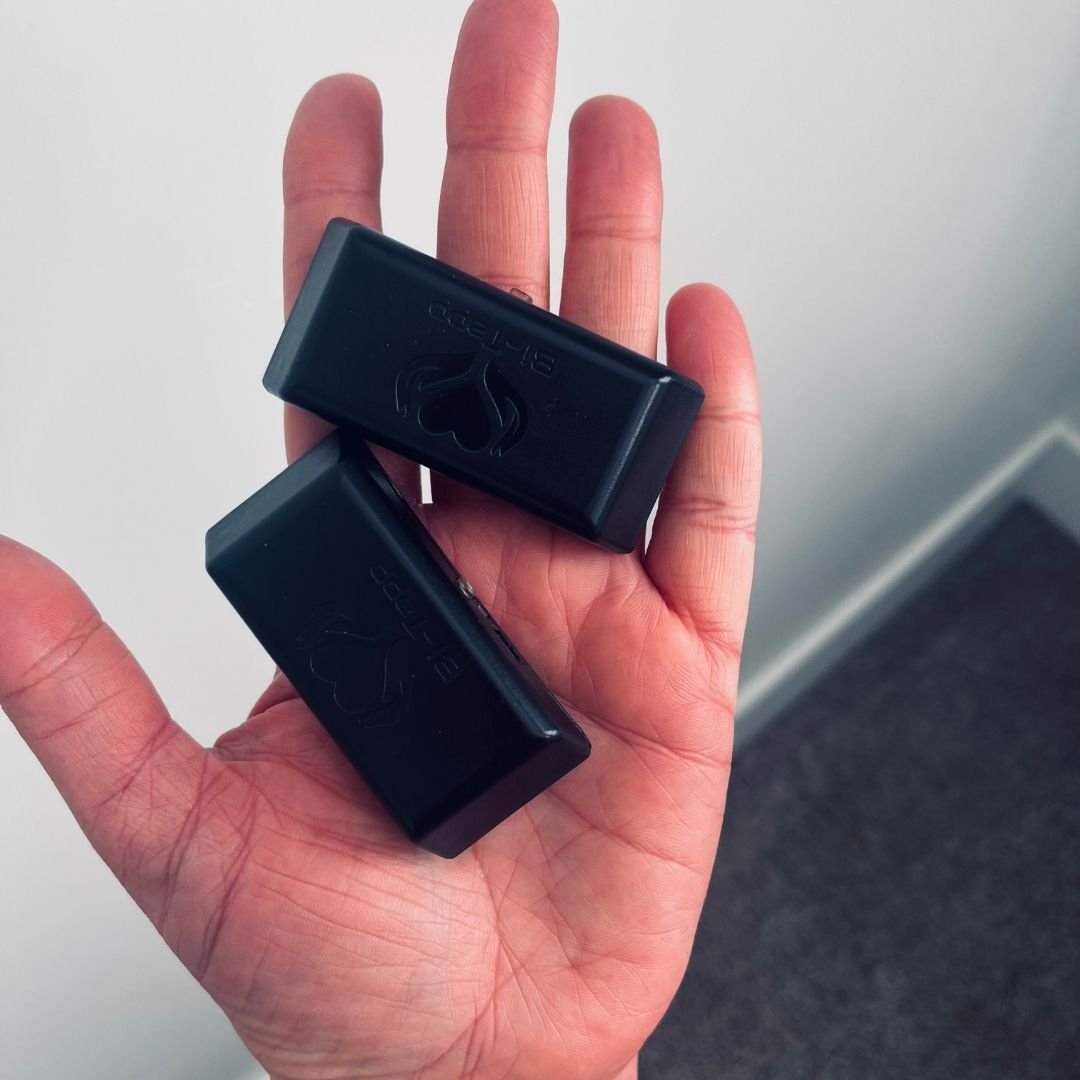You probably have heard about High Functioning Anxiety” and wonder what the difference is between High Functioning Anxiety and Generalized Anxiety Disorder (GAD). I had a friend text me recently and ask me this very thing. The answer is that High Functioning Anxiety holds similarities to Generalized Anxiety Disorder. This isn’t a different diagnosis, but it’s a different way of talking about it and what it may look like on the outside. Regardless of if you have GAD or high-functioning anxiety, anxiety therapy can help.
How do I know if I have high-functioning anxiety?
This term really means that you have anxiety but from the outside, it doesn’t interfere with your daily functioning, and it seems like it doesn’t impact your functioning. The truth is that it does impact your daily functioning but the behaviors you use to make your anxiety go away might look more positive. It might mean you show up early to work and stay late. You are a hard worker, you’re on top of your tasks, you obsessively check and respond to e-mails, you’re clean and tidy, etc. Your ways of managing your anxiety actually seem favorable and you’re on top of things in your life. Your high-functioning anxiety may actually look like success or positive outcomes. The women I work with have shared that they have been praised for some of their behaviors driven by anxiety. What others don’t realize is that many of your behaviors are driven by anxiety, and the only way to manage your anxiety is to engage in these behaviors. There is nothing wrong with finding ways to manage your anxiety but with all anxiety when those behaviors are only helpful in the short term, they may not be as effective as you think they are. With this type of anxiety, it can feel like it never stops. You always have to be on top of things, and there is no room for rest. This can lead to emotional burnout.
Generalized anxiety might have a different stereotype even though they hold the same symptoms but use different behaviors to manage it. It might not seem like you have generalized anxiety because you can leave the house, and go to work. It doesn’t seem that bad to you so might not think you have this anxiety. It’s the same anxiety but you are managing it with different behaviors. People might be surprised you struggle with anxiety because you are able to hide it. However, you know this anxiety is actually a problem in your life.
What are the symptoms of High Functioning Anxiety?
-Overthinking
-Ruminating on past mistakes
-People-pleasing and not telling people no
-Excessive worry
-Comparing yourself to others
-Perfectionistic thinking
What’s the treatment for High Functioning Anxiety?
Psychotherapy
The treatment options for high functioning anxiety are the same as they would be for generalized anxiety. Therapy is a helpful treatment option for anxiety. Therapy involves helping you identify what triggers your anxiety and some helpful coping skills you might be able to utilize to lower your anxiety. EMDR therapy, exposure and response therapy, and Acceptance and Commitment Therapy are all options in helping you manage your anxiety better.
Medication
Some people would either prefer to go to therapy and not take medication while others would gladly take medication but don’t want to go to therapy. However, doing both might be the best option. Medication can help lower your anxiety so you can work on what’s underneath the anxiety but only using medication doesn’t help you work through everything long-term. IN the same way, if you are not open to taking medication, I would challenge you on why you aren’t? It’s another tool that can be helpful to make life be more manageable.
You deserve help for your high functioning anxiety regardless of what it looks like
The thing I wish everyone would know is that your anxiety doesn’t have to be keeping you from leaving your house or making it so you can’t function or if your anxiety is hidden. All of it deserves help. You don’t have to wait until it gets bad or prove that your anxiety is bad to anyone. As a therapist, I am eager and willing to help anyone who wants tools to get better and is willing to put in the effort. I have never once thought a client shouldn’t be in therapy because they weren’t bad enough or struggling enough. In fact, I think getting help early on before you find your anxiety debilitating is the best option. Please don’t wait to get help or talk yourself out of needing help. Everyone has good days and bad days when it comes to anxiety but that’s not a reason to not come to therapy. I want to help you feel better and lessen the intensity of your anxiety. I want you to be able to have to hope the negative chatter in your head doesn’t have to be so loud. You don’t have to be overwhelmed all the time. You can allow yourself to rest and not feel so guilty about everything you’re not doing. I help my clients be able to cope effectively and feel better about their lives.
Start High Functioning Anxiety Treatment in Provo, Utah
If you are reading this and realize you have symptoms of high-functioning anxiety, there’s help available. The good news is there is help available. This Utah County Counseling Center has an anxiety therapist specializing in high-functioning anxiety. To begin therapy, follow the steps below:
Complete online forms and schedule the first session with an anxiety therapist in Utah
Begin High Functioning Anxiety Treatment
Online Therapy in Utah
One of my favorite things about technology is its ability to help us connect with each other. I know you’re busy, and I know you’re dealing with anxiousness. These things can prevent you from reaching out for help; I don’t want that. This is why I provide online therapy in Utah. It’s convenient and just as effective as meeting in the office but with the perk that we both can wear sweatpants and nobody has to know.
Online therapy also means that you can access anxiety therapy wherever you are in Utah. This means if you live in St. George, Cedar City, Heber City or Logan, we can help you find relief from anxiety.
Other mental health services provided at Maple Canyon Therapy
Axniety therapy isn’t the only therapy provided at this Utah Counseling Clinic. Other mental health services provided by Maple Canyon Therapy include body image therapy, therapy for binge eating, eating disorder therapy, and EMDR and trauma therapy.





































